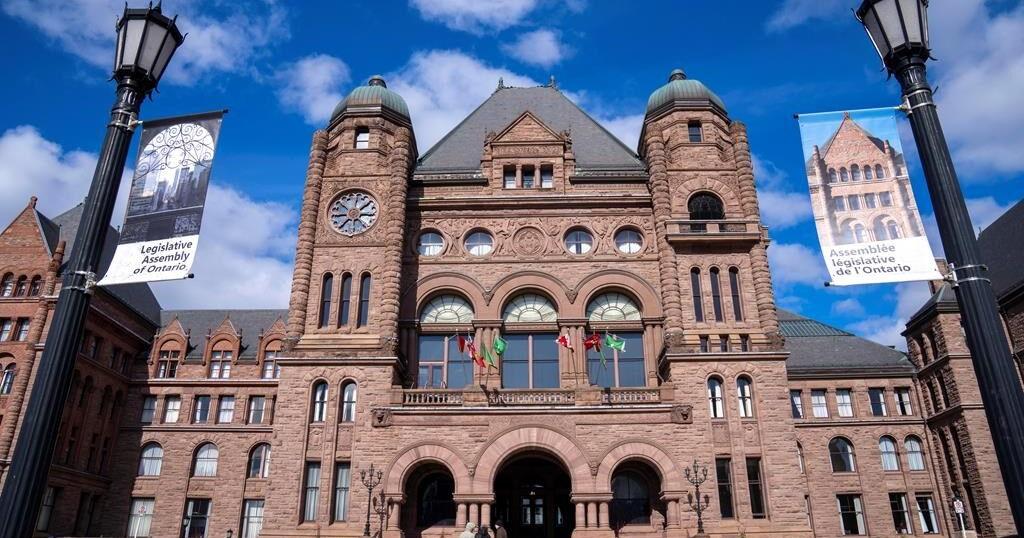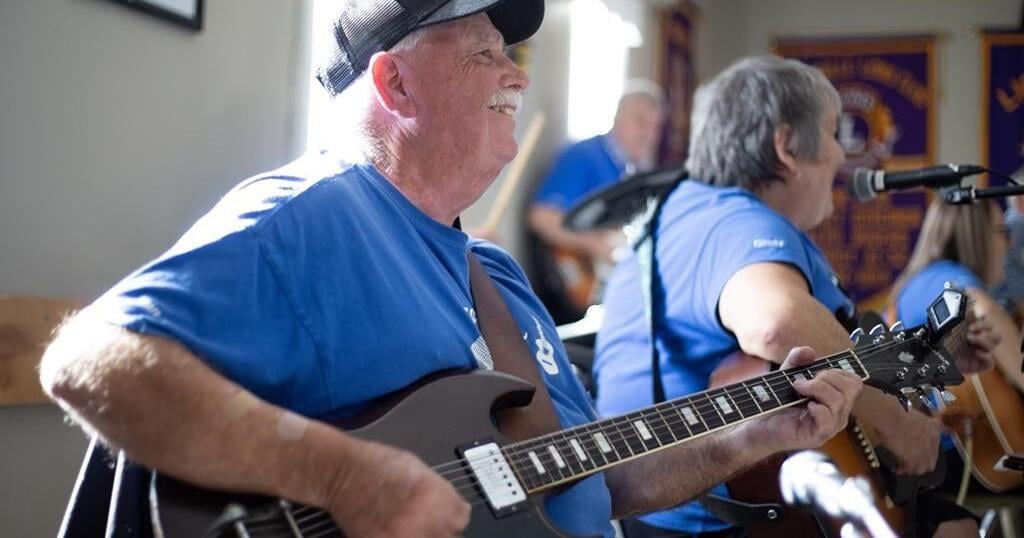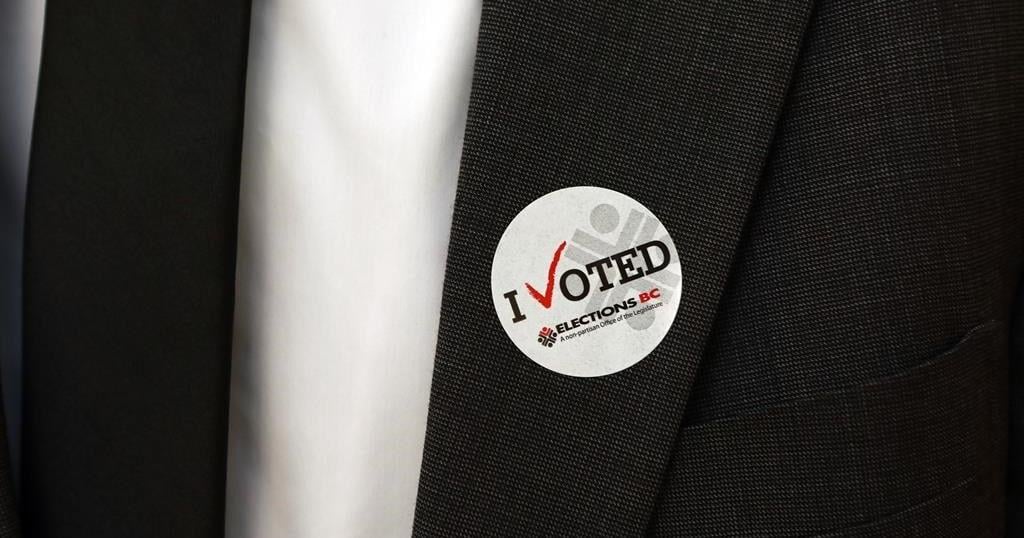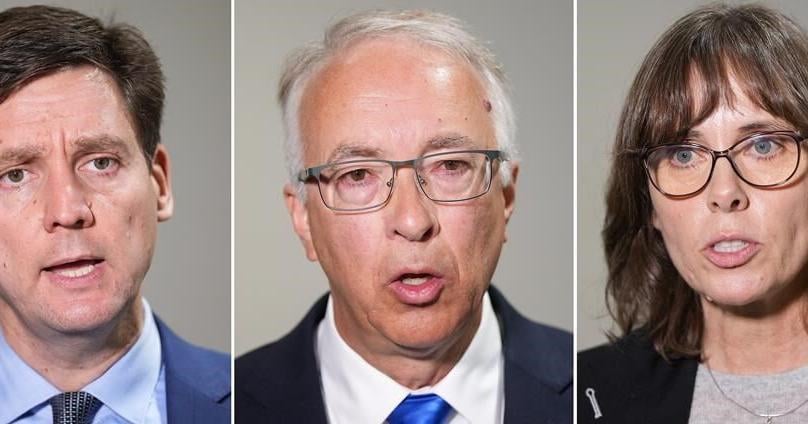TORONTO – Ontario’s legislature will resume sitting Monday after an unusually long summer break, and returns in the midst of intense speculation that Premier Doug Ford will call an early election.
Some of the premier’s remarks and announcements over the past few months — from the idea to dig a tunnel under Highway 401 to spending $225 million to put beer, wine and coolers in corner stores earlier than planned — are evidence that Ford is more focused on electioneering than governing, opposition critics say.
Politicians on both sides of the legislature are already thinking ahead to a possible early contest, with more than half a dozen members of provincial parliament already announcing they will not run in the next election, even though it is officially a little over two years away.
The next fixed election date isn’t until June 2026. But Ford has left the door open to calling one next year, giving his own caucus members a December deadline to decide if they will run again.
So far, two backbenchers have bowed out, as has Speaker Ted Arnott, after 34 years at the legislature. Kaleed Rasheed, who serves as an independent after getting kicked out of the Progressive Conservative caucus, made a similar announcement. Three NDP representatives have indicated they will instead seek federal nominations.
On Monday, when the legislature sits for the first time in 19 weeks, the government is set to introduce a bill aimed at easing the congestion that is frustrating some Greater Toronto Area voters.
Transportation Minister Prabmeet Sarkaria announced that the legislation would facilitate construction 24 hours a day, accelerate property acquisitions and an environmental assessment for Highway 413 and require municipalities to ask the province for permission to install bike lanes when they would remove a lane of vehicle traffic.
Fighting gridlock was one of the main legislative priorities Ford highlighted Thursday in a speech, saying he calls his transportation minister every time he’s stuck in a traffic jam.
“I was driving home the other night, it was about 11:30, I look on the 401 and I don’t know what the reason was, it was packed on both sides of the highway,” he told the Empire Club of Canada crowd.
“People just want to get home. They want to get to work. We want to get goods to their destination a lot quicker.”
Opposition leaders say Ford’s 401 tunnel idea appears half-baked and designed to shore up votes among frustrated drivers rather than offering any real solutions.
“It appears that he’s in campaign mode and it also appears that he’s blowing a lot of smoke to distract people from the real concerns people have,” said Green Party Leader Mike Schreiner.
The opposition parties hope to steer the legislative focus to what they see as more pressing concerns, such as the 2.5 million Ontarians without a family doctor and a housing supply shortage.
“I think this is a premier who’s more focused, and has been, on gimmicks than on actually addressing the struggles that people are feeling,” said NDP Leader Marit Stiles.
“His priority has been, over the last few months … putting beer in corner stores, and not actually addressing the crisis in our emergency rooms, the hallway health care that has gotten worse under his government.”
Liberal Leader Bonnie Crombie said she plans to be around the legislature more, although she remains without a seat and one may not open up until the election is called.
Crombie said she would lay out her party’s vision for the province in the coming months to provide a contrast to Ford’s plan, as a possible early campaign hangs in the air.
“What this government is really good at doing is booze, bike lanes and boondoggles and fantasy tunnels to distract from the real needs of Ontarians,” Crombie said.
Beyond the gridlock bill, another major piece of legislation expected in the coming weeks is the province’s plan to deal with the ongoing overdose crisis.
Health Minister Sylvia Jones has said the legislation would result in the closure of 10 supervised consumption sites within 200 metres of schools and daycares.
It would also ban new sites from opening, and bar communities from participating in the federal safe supply program, in which pharmaceutical grade opioids are prescribed to those with substance-use disorders as a method to counter toxic street drugs that are rife with fentanyl.
In their place, the province plans to launch 19 new “homelessness and addiction recovery treatment hubs” next year, plus 375 highly supportive housing units at a cost of $378 million. The move has outraged health-care workers, homeless people and advocates.
Big moves are also expected in the energy file, which Ford pointed to in his speech as another legislative priority.
The Independent Electricity System Operator announced last week that Ontario’s demand for electricity will surge by 75 per cent between now and 2050, setting the stage for Energy Minister Stephen Lecce to soon unveil his “vision” for how to boost the province’s supply.
This report by The Canadian Press was first published Oct. 20, 2024.
























